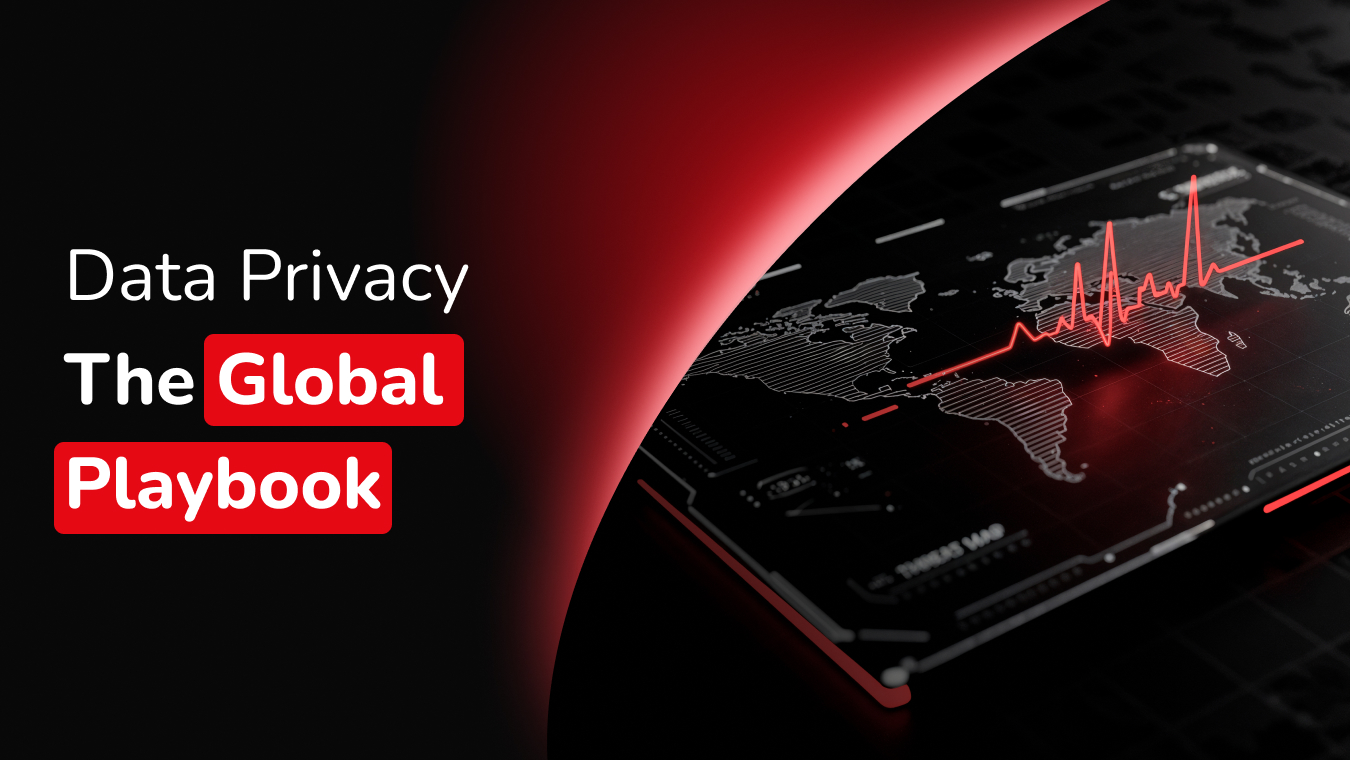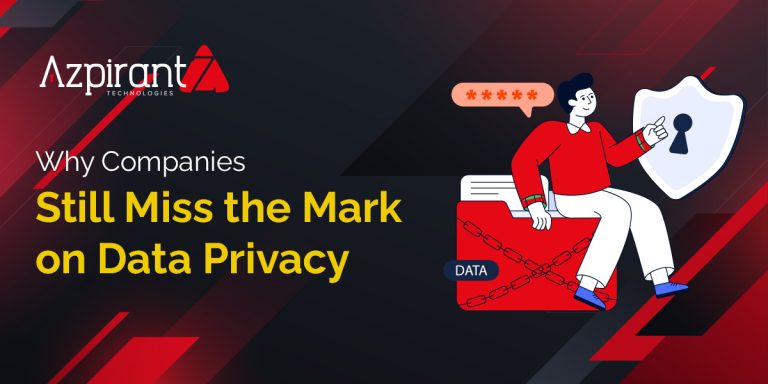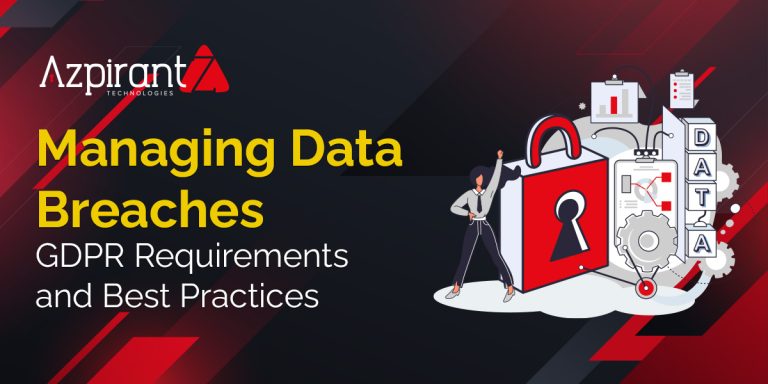Global Privacy Compliance: Navigating GDPR, CCPA & Middle East Laws
As companies collect more personal data to drive growth and customer insights, the responsibility to protect that data has become critical. With privacy laws growing across different areas of the world, businesses operate within a complex patchwork of regulations. Making sure compliance with global privacy frameworks—particularly the European Union’s General Data Protection Regulation (GDPR), California’s Consumer Privacy Act (CCPA), and emerging laws in the Middle East—has become a priority.

In this blog we explore the differences among regulations, the common threads they share, and what businesses need to do to stay compliant on a global scale.
Companies with an global footprint face a serious challenge: data protection laws may vary greatly from one region to another. While each regulation aims to protect individual privacy, the rules on consent, user rights, implement timelines, and data transfers are more far from uniform.
- Governing Divergence: Insights on personal data, permission, and privacy rights differs in each and every region.
- Consent Authorization: Some of the laws require active opt-in, while others depend on opt-out.
- Technology Outperforming Law: AI, IoT, and cloud technologies are presenting new risks not always addressed by existing regulations.
- Third-Party Risks: Compliance does not always end with only your company—it applies to every vendor and partner who have access to your data. A single weak can expose entire data
- Constant Changes: Data privacy Laws and enforcement rules are continuously changing, requires constant monitoring and adjustment.
To navigate this, Organizations must take a practical approach to data governance and compliance.
| Aspect | GDPR (EU) | CCPA (California, USA) | Middle East (UAE, Saudi, Qatar, etc.) |
| Applicability | Global organization managing the data of EU citizens | For-profit entities handling California resident data and meeting thresholds | Varies by nation; generally applies to entities handling data of residents |
| Need of Consent | Must be clear, informed, and opt-in | Primarily opt-out; users can stop data sharing | Mostly opt-in, with growing importance on user control |
| Rights of users | Broad: access to data, correction, erasure, objection, portability | Moderate: right to know, delete, opt out of sale | Expanding: includes access, correction, deletion in countries |
| Notification on Breach | Need to send within 72 hours | without unreasonable delay, As soon as possible | Timelines may vary; typically 72 hours or promptly |
| Penalties | Up to €20 million or 4% of global annual revenue | Up to $7,500 per known violation | It can include high fines, and in some cases jail time too |
| Compliance Focus | Privacy by design, accountability, and documentation | Consumer rights, transparency, and limited data trust | Aligns with global standards (like GDPR), but we can customize for local context |
| Examples of Key Laws | General Data Protection Regulation (GDPR) | California Consumer Privacy Act (CCPA) | UAE PDPL, Saudi Data Protection Law, Bahrain PDPL, Oman Personal Data Law |
Adopting a region-by-region strategy doesn’t scale. Rather, companies should create a centralized privacy framework that is adaptable locally. Here are key strategies for success:
- Create a Unified Privacy Policy
Following the strict standards like GDPR as your baseline. Modify only when local laws require it. - Consent Management Platforms
Make use of all tools that can dynamically adjust to local laws (opt-in in Europe, opt-out in California, etc.) and gather records of consent. - Map and Track Data
Keep detailed recorded information of what personal data you collect, where it is stored, and who has authorized access. It serves the foundation for breach response and subject rights responding to breaches. - Perform Regular Risk Assessments
Perform privacy impact assessments (PIAs) to identify and address risks early. This is particularly important when launching new technologies or vendors. - Examine Your Vendors
Verify third-party service providers meet your privacy policies. Use contracts to formalize data handling expectations and liabilities. - Train Employees
Initiate ongoing training programs to make sure staff understand the basics of privacy and Handling of data. - Regular Updates
Privacy laws are evolving quickly. Designate a compliance officer or use automated tools to stay ahead of changes.
Maintain legal boxes is only aspect of global privacy compliance. It is about showing to regulators, partners, and customers that you value their trust. Hands-on privacy governance provides protection and difference in a world where data breaches can ruin reputations and result in huge fines.
Companies increase customer loyalty, managing risks, and conduct business confidently in a variety of markets by confirming frameworks such as the CCPA, GDPR, and new Middle Eastern laws. Privacy is smart business, not just good governance.
Transform data privacy challenges into a competitive advantage. Azpirantz empowers organizations to “own their data” by providing expert Data Privacy Consulting services. They implement robust data privacy practices through a blend of technological, organizational, and legal measures. Their focus areas include data minimization, purpose limitation, data security, and upholding individual rights. By partnering with Azpirantz, businesses can cultivate customer trust, ensure compliance with critical regulations like GDPR, India DPDPA, CCPA, and ISO 27701, and proactively mitigate the risks of costly data breaches. They help you build a secure and compliant data ecosystem that fosters confidence and growth.
As we become more digitally connected, extra privacy regulations will be needed to keep the novel privacy fraudsters at bay!
*This content has been created and published by the Azpirantz Marketing Team and should not be considered a professional advice. For expert consulting and professional advice, please reach out to [email protected].
We're Here To Help


